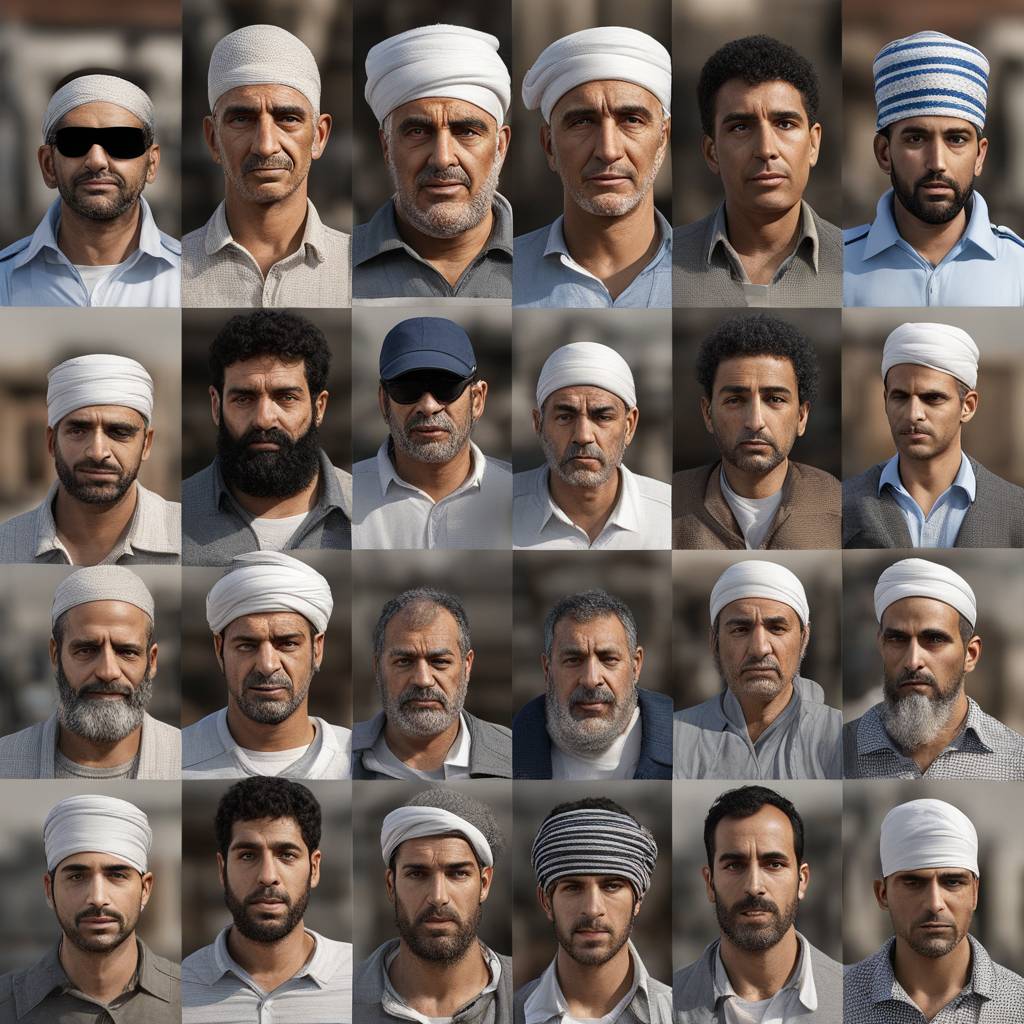Egyptian authorities recently arrested 10 activists who participated in a pro-Palestinian protest in Cairo. The activists accused the government of contributing to the siege of Gaza and called for the expulsion of the Israeli ambassador. Despite the government condemning Israel’s campaign in Gaza and playing a role in brokering a cease-fire, public protests are largely banned in the country. Criticism of Egypt’s ties with Israel is a highly sensitive issue, leading to the arrest of protesters.
In response to the ongoing conflict in Gaza, nearly 200 people rallied outside the building of the Journalist Syndicate in Cairo, demonstrating against the siege and calling for the opening of the Rafah border crossing. Critics argue that an agreement from 2007 granting Israel the right to inspect convoys entering Gaza through Rafah has limited humanitarian aid to Palestinians in Gaza. The protesters chanted slogans against the siege and the Israeli Embassy, while also calling for an end to normalization with Israel.
Following the protest, 10 activists were arrested at their homes and detained for 15 days on charges of spreading false information and joining a terrorist group, often a reference to the banned Muslim Brotherhood. Egypt declared the Brotherhood a terrorist organization in 2013, following the removal of President Mohammed Morsi from power. Since then, the government has cracked down on political dissent and banned protests, leading to the arrest of critics and activists who speak out against government policies.
In the midst of the conflict between Israel and Hamas, Egyptian authorities have arrested dozens of pro-Gaza protesters, according to a report from the Egyptian Initiative for Personal Rights. The arrests highlight the sensitivity of criticizing government policies, particularly regarding Egypt’s relationship with Israel. Despite Egypt’s condemnation of Israel’s actions in Gaza, protesters and activists face prosecution for speaking out against the government’s role in the conflict.
The situation in Egypt reflects the complex dynamics of the Middle East, where governments navigate alliances and conflicts while facing domestic pressure from activists and critics. The arrests of protesters and activists demonstrate the challenges of speaking out against government policies in a region where dissent is often met with harsh repercussions. The ongoing conflict in Gaza highlights the larger political and humanitarian issues at play, as activists call for an end to the siege and greater support for Palestinians in the region.
As the conflict between Israel and Hamas continues, the situation in Egypt remains tense, with activists facing arrest and prosecution for protesting government policies related to the siege of Gaza. The arrests of protesters underscore the challenges of political dissent in Egypt, where criticism of the government’s relationship with Israel is a sensitive issue. Despite efforts by Egypt to broker a cease-fire and condemn Israel’s actions in Gaza, activists continue to call for an end to the siege and greater support for Palestinians in the region.


